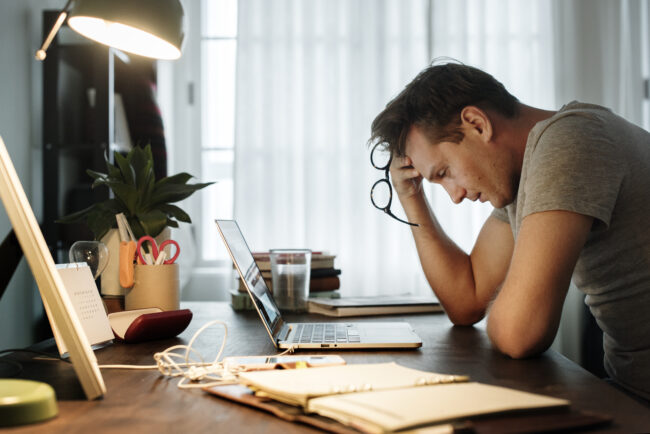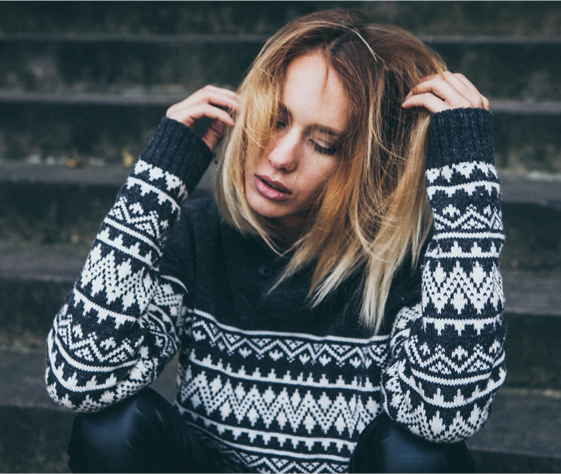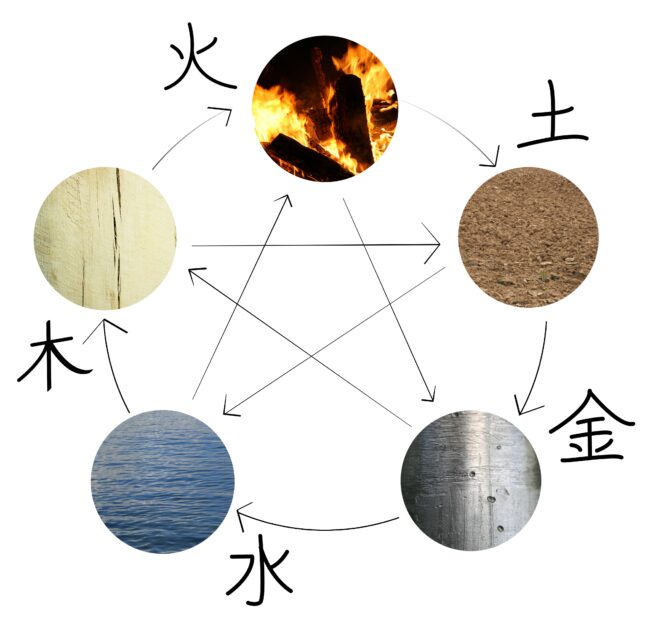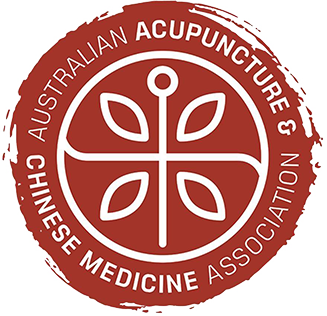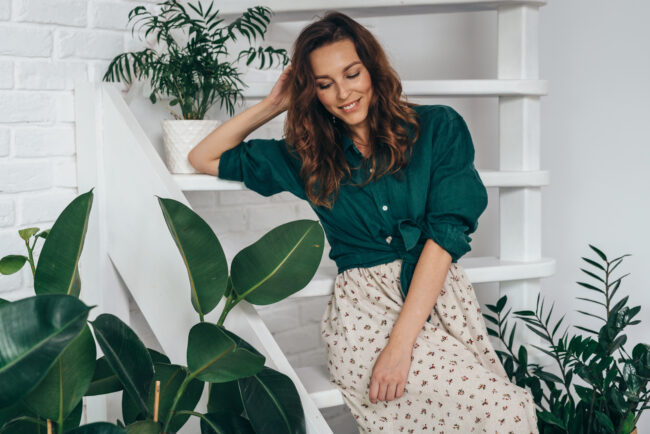What is depression?
We all feel sad or moody from time to time but depression is more than just a low mood. When these feelings are experienced intensely, for long periods of time (weeks, months or even years) or appear without any reason, it is called depression. Depression is a serious condition that affects mental as well as physical health. Different types of depression include; Dysthymia, Seasonal Affective Disorders, Pre and Post Natal Depression,
Major Depression.
Here at Natural Solutions Acupuncture, we use acupuncture to help with depression. Please reach out if we can help yourself or a loved one. But always remember, we’re not against medical interventions and acupuncture can be used in conjunction to medication or counselling.


